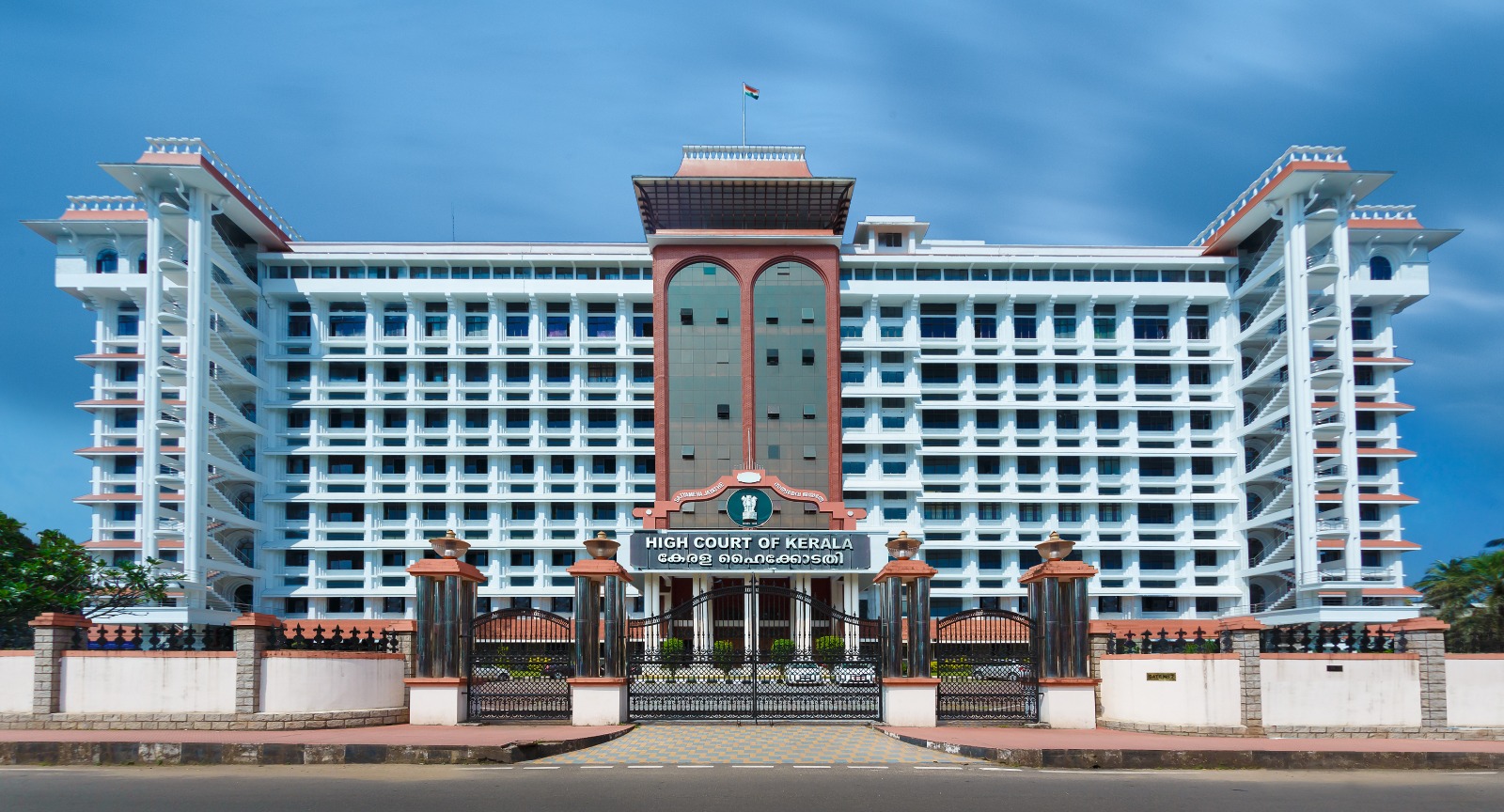Jagmohan Lal, J.@mdashThis second appeal arises out of an application made by the plaintiff-appellants u/s 12 of the U. P. Agriculturists Relief Act for redemption of a usufructuary mortgage dated 14-12-1929 in which two plots Nos. 42 and 54 of village Gutkamau Panch-sala, pargana Shahabad district Hardoi had been mortgaged by the predecessor-in-interest of the plaintiffs in favour of the predecessor-in-interest of the defendant-respondents in lieu of a sum of Rs. 1000/-. According to the plaintiffs'' allegations the entire land had since been included within the limits of the town area Pali where the Zamindari had not been abolished by means of notification u/s 4 of the U. P. Zamindari Abolition and Land Reforms Act. As such the provisions of the U. P. Agriculturists'' Relief Act including Section 12 thereof were still in force with regard to this mortgage. As the plaintiff-appellants were agriculturists within the meaning of that Act by virtue of their holding these plots, they were entitled to maintain this application. They further alleged that the entire mortgage money including interest at the rate prescribed by the Agriculturists'' Relief Act had been satisfied out of the usufruct of the mortgaged property. So they prayed for redemption of the mortgage without any payment or on payment of such amount as may be found due by them by the court.
2. The suit was contested by the defendants. They alleged that 14 biswas area of plot No. 42 was outside the limits of town area Pali and situate in village Gutkamau which had been covered by the notification made u/s 4 of the U. P. Zamindari Abolition and Land Reforms Act, and so the provisions of Section 12 of the Agriculturists Relief Act would not be applicable to this area as this Act shall be deemed to have been repealed with respect to this area u/s 339 read with List 1 of Schedule III of the U. P. Zamindari Abolition and Land Reforms Act. The rest of the area could, of course, be redeemed on payment of the full mortgage money as no part of the principal had been satisfied from the usufruct which was hardly sufficient even to pay the interest at the prescribed rate.
3. Both the courts below accepted the contention of the defendant-mortgagees and passed a decree for redemption in respect of the mortgaged property excluding 14 biswas area of plot No. 42 which was outside the town area limits, on deposit of Rs. 1000/- by the plaintiff-appellants. The plaintiff-appellants being dissatisfied with these decrees of these courts below approached this court by filing this second appeal.
4. A notice of this second appeal was served on the defendant-respondents but no appearance was put in on their behalf. I heard Sri Mohd. Husain, learned counsel for the appellants, and also perused the record.
5. The learned counsel for the appellants did not question the finding that the entire mortgage money was due. He, however, contended that it had not been proved satisfactorily that 14 biswas area of plot No. 42 was outside the town area limits of Pali. This is, however, a finding of fact which cannot be challenged in this appeal.
6. He then contended that even assuming that some portion of the mortgaged land lies outside the limits of the town area Pali and in respect of that land a notification u/s 4 of the U. P. Zamindari Abolition and Land Reforms Act had been made, it would not in any way affect the case so long as the plaintiff-appellants are agriculturists within the meaning of Section 12 of the U. P. Agriculturists'' Relief Act by virtue of their holding land in areas situate within the limits of the town area of Pali where the Zamindari had not been abolished by means of a notification u/s 4 of the U. P. Zamindari Abolition and Land Reforms Act. Once it is held that the plaintiffs are agriculturists and they are entitled to maintain this application u/s 12 for redemption of the mortgage, they are entitled to redeem the entire property which had been mortgaged by them and which is still in the possession of the mortgagees as mortgagees. It is not open to the mortgagees to contend that they would, in spite of redemption, retain a part of the property simply because that part of the property is situate in the rural area where Zamindari has been abolished by means of a notification u/s 4 of the U. P. Zamindari Abolition and Land Reforms Act Under that Act the mortgagees would acquire the rights of an asami in this land u/s 21 (d) while the plaintiff mortgagors would acquire Bhumidhari rights u/s 18. After redemption brought about by means of an application made u/s 12 instead of filing a regular suit under Order 34 of the CPC they are entitled to redeem the entire mortgaged property or its equivalent that may be held by the mortgagees. In my opinion this contention appears sound and there was no justification for depriving the plaintiff-mortgagors from redemption of the part of the property when they were required to deposit the entire mortgage money. In this connection reference may be made to a decision of this Court in Pt. Gopi Nath v. Pt. Bhanu Shanker 1954 All LJ 336 in which a similar point was agitated though it was not decided by the court. The following observation was made at page 340 of the report:--
"..........In other words, the argument is that if a person holds agricultural land in an area to which the Zamindari Abolition and Land Reforms Act has been made applicable by a notification u/s 4 then he cannot claim the benefit under the U. P. Agriculturists'' Relief Act, even though the mortgage is of property not situate in a village but within a municipal limit, That on the other hand if Bhanu Shankar could claim to be an agriculturist because he paid rent for agricultural land within municipal limits, to which the notification u/s 4 does not apply, then no matter whether the mortgaged property is situate within the municipal limits or not, he can take advantage of the U. P. Agriculturists'' Relief Act. It is not necessary for us to go into this question in this case as in our view the repeal of the U. P. Agriculturists'' Relief Act would not affect the decision, the decree for redemption having been, passed by the lower court in the year 1945, long before the Zamindari Abolition and Land Reforms Act came into force."
In my opinion, Section 12 of the Agriculturists'' Relief Act only gives a short and inexpensive remedy to an agriculturist to redeem his mortgage instead of resorting to the costly and dilatory proceedings of filing a regular suit for redemption under the provisions of Order 34 of the Code of Civil Procedure. In other respects, once it is held that the applicants are entitled to redeem and their application for redemption is allowed, provisions of Section 12 shall have full play (sic) the entire mortgaged property or its equivalent which is available in the hands of the mortgagees, has to be redeemed and the mortgagees cannot be allowed to retain any part of the mortgaged property by placing reliance on Section 339 read with List I of Schedule III of the U. P. Zamindari Abolition and Land Reforms Act.
7. I accordingly allow this appeal and modify the decree passed by the court below to this extent that the plaintiff-appellants shall be entitled to redeem the entire mortgaged property on their depositing Rs. 1000/-. The plaintiff-appellants are allowed further time of two months from this date to deposit this mortgage money in case they have not already done so. In the circumstances of the case, the parties shall bear their own costs of this Court.

